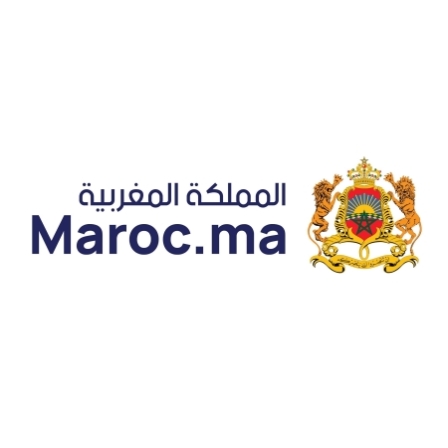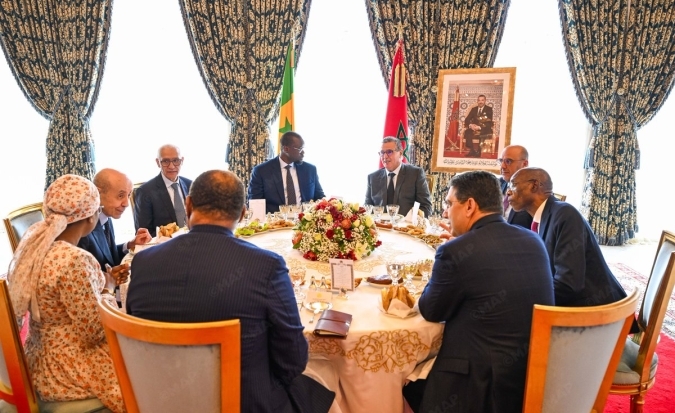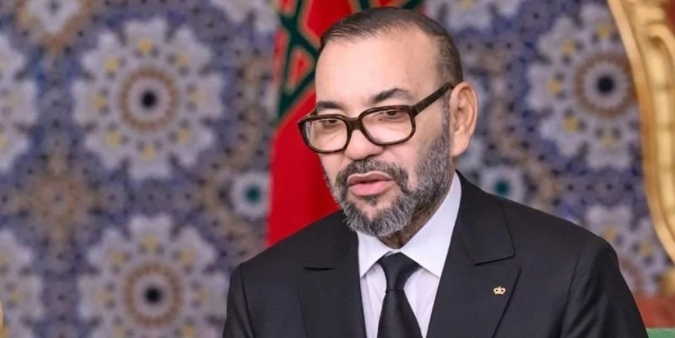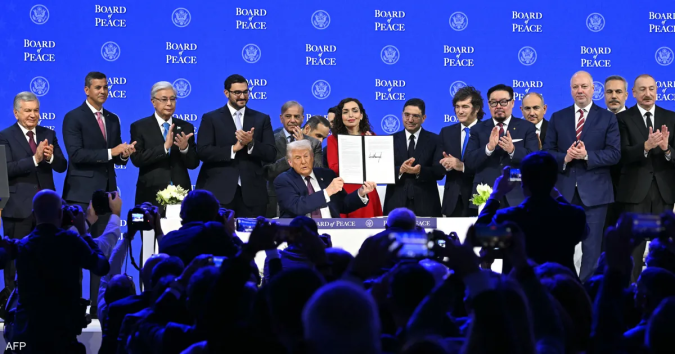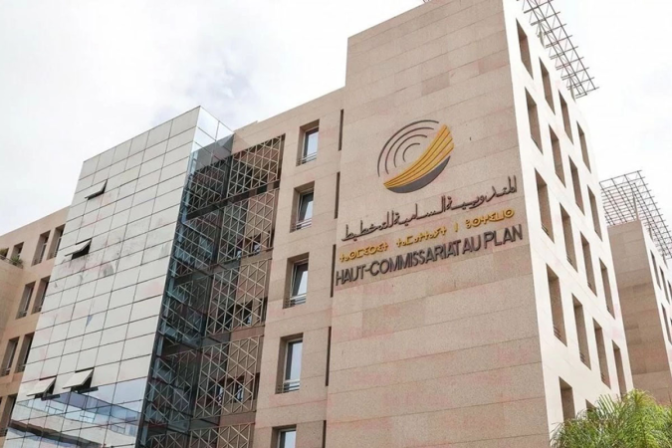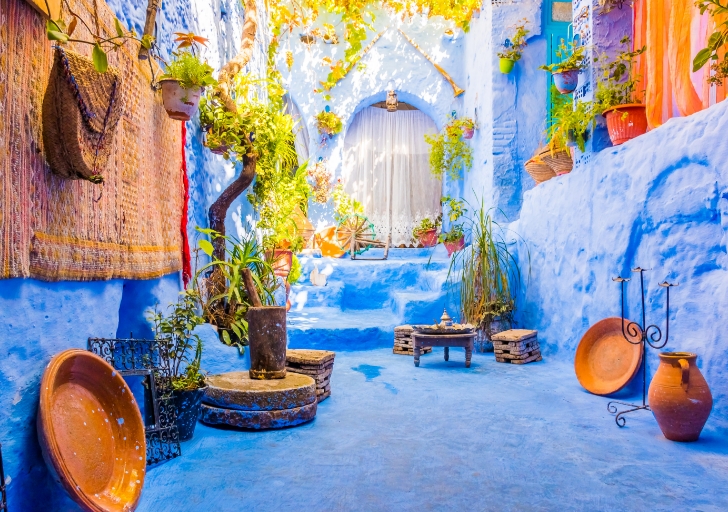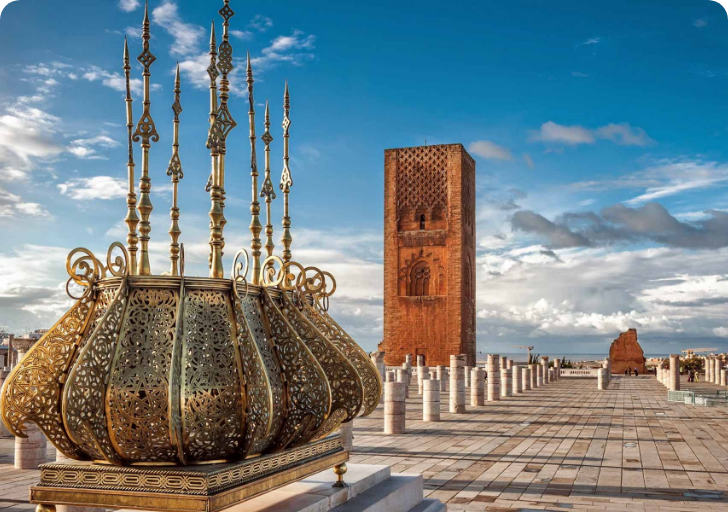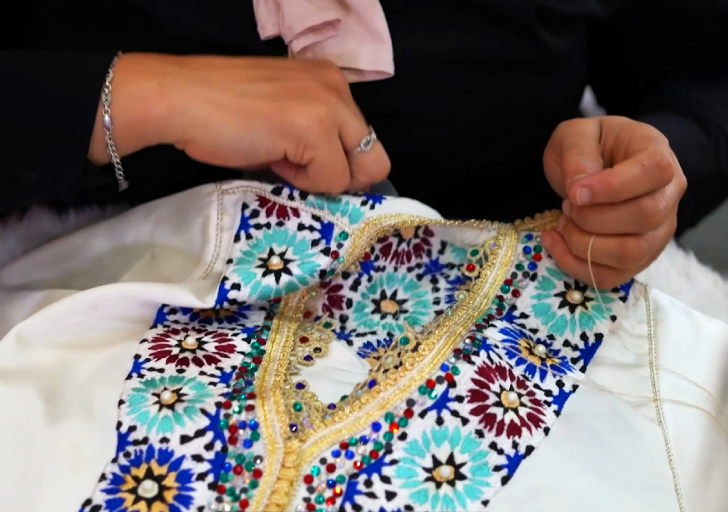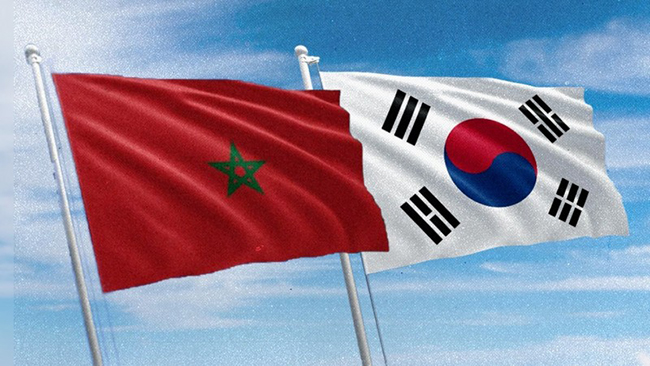
In a move to bolster joint efforts against corruption, Morocco and Korea signed a memorandum of understanding Tuesday in Rabat, laying the groundwork for closer cooperation on transparency and integrity.
The agreement was signed between Morocco's National Authority for Probity Prevention and Fight against Corruption and Korea's Anti-Corruption and Civil Rights Commission, with the aim of promoting ethics and preventing corruption in line with their national laws and international conventions to which they are parties.
It reflects both parties’ shared conviction that corruption poses a threat to the progress and security of societies. Through this MoU, they demonstrate their commitment to developing suitable mechanisms for the implementation of the provisions of the 2003 UN Convention against Corruption, namely through bilateral agreements.
In a statement to the press, Morocco's National Authority President Mohamed Benalilou viewed the signing as an opportunity to tap into Korea's expertise in tackling corruption, with a special focus on their integrity measurement indicators.
The indicator developed by the Korean Commission is regarded as a best practice, offering a model from which Morocco’s anti-corruption authority can draw inspiration to develop a similar national tool for shaping effective policies in integrity and transparency, Morocco's Authority says in a press release.
Korea's Anti-Corruption and Civil Rights Commission of the Republic of Korea is considered one of the most effective bodies in fighting corruption in the country, says the same source.
For his part, Ryu Jeol Wan, Korea's Anti-Corruption Commission President, said that the agreement represents a significant practical step toward cooperation between the two countries in preventing and combating corruption, in parallel with the existing economic cooperation between them.
He praised the strong, longstanding friendship that unites the two nations, adding that this initiative aims to strengthen anti-corruption capabilities and the exchange of expertise, with the goal of achieving high-integrity and transparent societies.
Additionally, areas of bilateral cooperation will mainly include the exchange of expertise, best practices, and lessons learned from challenges in preventing and combating corruption; the development of technical training programs to build the capacities of both parties.
It will also involve support for the implementation of education and training programs as well as the organization of joint seminars and workshops on topics related to transparency, integrity, and anti-corruption.
MAP: 13 mai 2025
